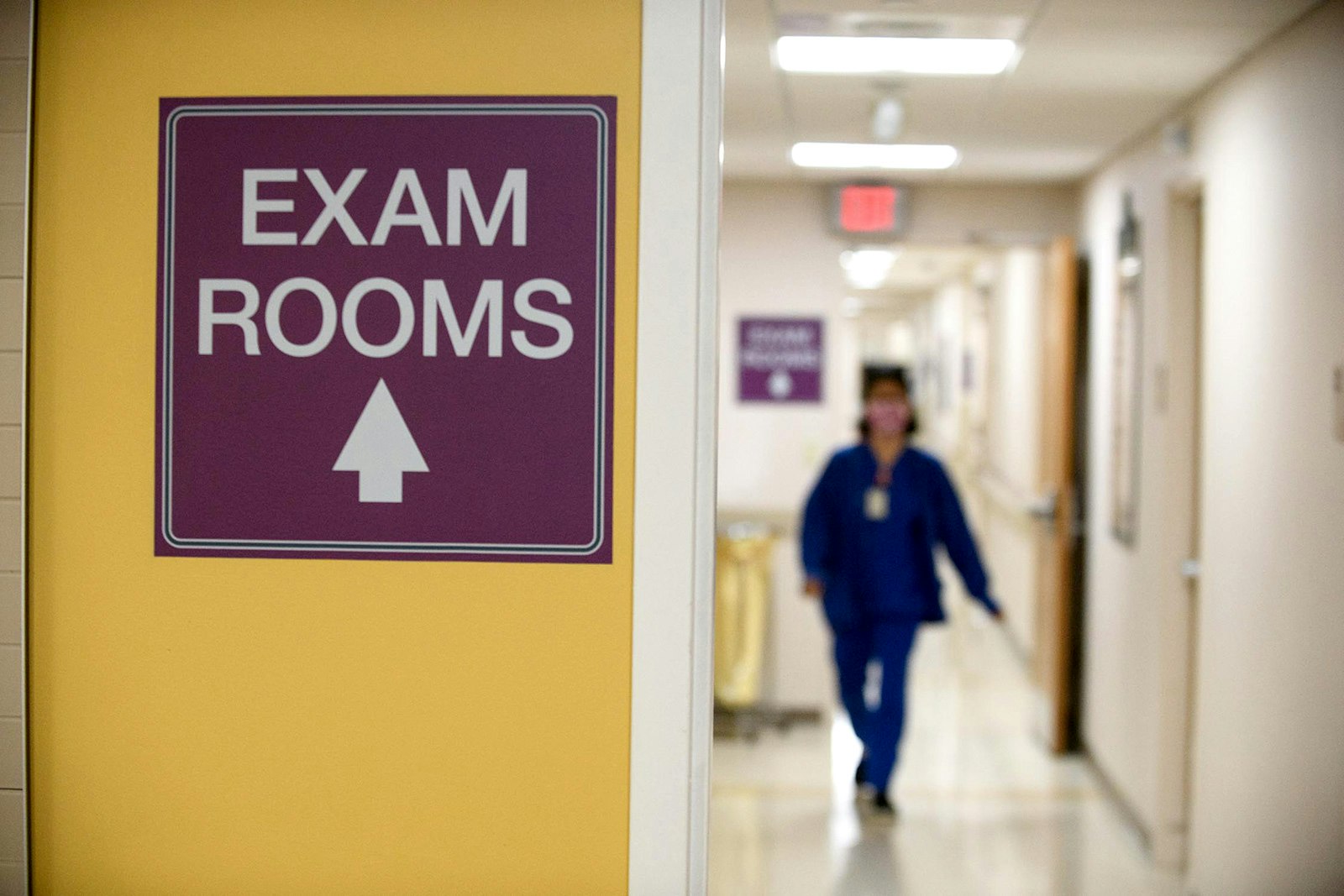If you face a cancer diagnosis, you will likely have many questions, including what’s the most appropriate type of treatment or how will different treatments affect you. At the WVU Cancer Institute, we’re here with answers.
Our medical oncologists specialize in the management of cancer and use a variety of medicines to attack cancer cells, including chemotherapy, immunotherapy, hormonal therapy, and biological and targeted therapy. Some of these medications can be given by vein (intravenously) or can be pills. The treatments can be given alone or with radiation therapy and/or surgery. Since everyone’s cancer is different, your medical oncologist will help design the most appropriate treatment plan for you, depending on the cancer type and the cancer stage.
Your medical oncologist works closely with your entire cancer team. They coordinate care between surgeons, radiation oncologists, geneticists, supportive services (including psychosocial support, nutritionists, and physical therapists), and specialists in survivorship.
Chemotherapy
Chemotherapy (“chemo”) refers to powerful cancer-killing drugs. It may be the only recommended treatment for you, or it may be given before or after surgery or radiation to either shrink the tumor or destroy any cancer cells that might remain. Sometimes, it can also be used in combination with radiation.
There are many ways oncologists give chemo. They include:
- Creams — For certain skin cancers, we use creams or gels that contain chemo medicine applied to the skin.
- Infusion — This approach delivers chemo through a vein in your arm or into a port in your chest.
- Intrathecal or intraperitoneal — Chemo may be given directly to one area, such as the abdomen (intraperitoneal) or the central nervous system (intrathecal).
- Oral — Some chemo is given in pill or capsule form.
- Targeted Therapy (biological therapy) — Targeted therapy is more selective than chemotherapy. Instead of affecting both healthy and cancerous cells, targeted therapy is aimed at cancer cells only. Typically, healthy cells are not affected, and patients may experience fewer side effects.
Hormone Therapy
Your body makes different types of hormones to control how certain cells function. Hormones include estrogen, progesterone, testosterone, cortisol, insulin, and adrenaline. Some cancers need hormones to grow. Medical oncologists use hormone therapy to block those hormones and prevent cancer from growing or returning.
Our team uses hormone therapy to treat different cancers, including breast, endometrial, adrenal, and prostate. You may be given hormone therapy as oral medicine or through injection.
Infusion Therapy
We use infusion therapy to deliver chemotherapy and immunotherapy through an IV, a central venous catheter, a Mediport, or a flexible catheter called a peripherally inserted central catheter (PICC) line. Medicine directly enters your bloodstream. From there, it targets and destroys cancer cells. When needed, we give fluids to keep you hydrated, replace electrolytes, build nutrients, and prevent nausea.
Immunotherapy
Cancer cells may sometimes evade the person’s immune system and remain undetected. Immunotherapies are drugs designed to help your immune system recognize and attack cancer cells.
Receiving Treatment
When you receive treatment, your oncologist and oncology pharmacy team take special precautions to ensure the correct medications are used to target the type of cancer you have.
Often, chemotherapy infusion treatment may take several hours. During this time, your doctor designs a personalized chemotherapy plan, the pharmacy safely prepares your medicine, and your team gives any pre-medications to help reduce side effects from the treatment, infusion time, and post-treatment fluids. The infusion nurses will monitor you closely during the infusion for any reaction or side effects.
Your team is here to answer any questions you have and provide information to help you schedule your appointments.
